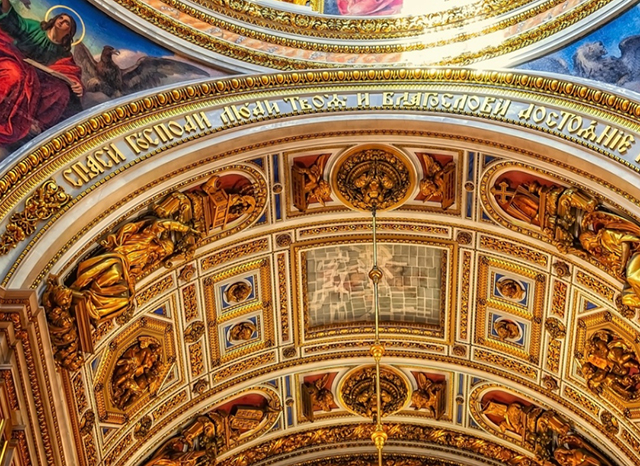Marxism and Religion
 Marx explained that “religion is the sigh of the oppressed creature, the heart of a heartless world, and the soul of soulless conditions. It is the opium of the people.” The second half of this statement is the most quoted, but together they show Marx’s all-sided understanding. Marx says the reason why many people hold religious ideas is due to the oppression and exploitation they are subjected to. Lacking any material explanation for this, many look to mystical ideas as a form of comfort. However, this also means religious ideas can play a useful ideological role for the ruling class. Workers can be told not to worry about their position in society today. Instead, if they just ‘turn the other cheek’, they will be rewarded in the afterlife.
Marx explained that “religion is the sigh of the oppressed creature, the heart of a heartless world, and the soul of soulless conditions. It is the opium of the people.” The second half of this statement is the most quoted, but together they show Marx’s all-sided understanding. Marx says the reason why many people hold religious ideas is due to the oppression and exploitation they are subjected to. Lacking any material explanation for this, many look to mystical ideas as a form of comfort. However, this also means religious ideas can play a useful ideological role for the ruling class. Workers can be told not to worry about their position in society today. Instead, if they just ‘turn the other cheek’, they will be rewarded in the afterlife.
While religion can play a reactionary role, Marxists do not claim it can be defeated purely through argumentation. To rid society of religion, the material conditions for religion must be removed. Therefore, only when we have a democratically and rationally planned economy, based on the needs of us all, rather than the profit of a few, will we begin to see the withering away of religious ideas. So, Marxists are in favour of religious freedom, but argue people will decide for themselves to abandon religion in a socialist society.
Marxists do not prevent religious workers joining the fight for socialism, but they do not have a neutral position on religion within the revolutionary organisation. As Lenin said, “without revolutionary theory, there can be no revolutionary movement.” A Marxist organisation would be rudderless without the guide of the revolutionary philosophy of Marxism. Religious workers wanting to join a Marxist organisation must therefore be convinced by the ideas of materialist dialectics, which are the best guide and tool for understanding and thus changing society.
